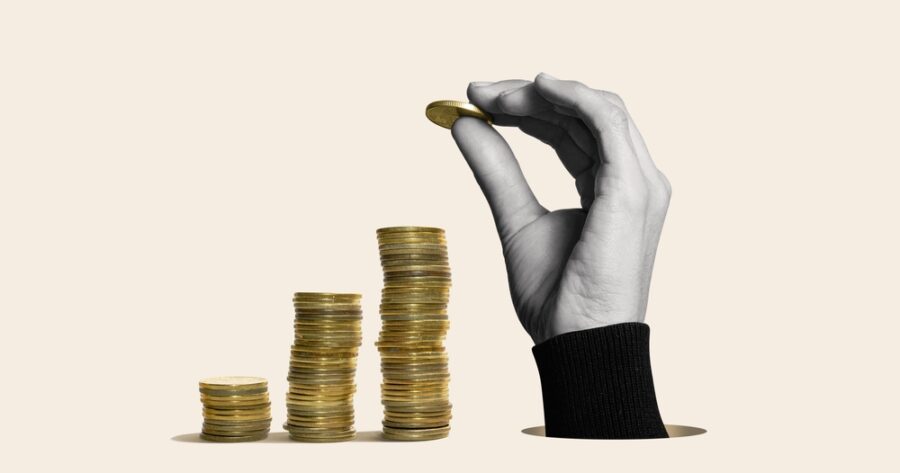If you find yourself constantly struggling with debt, it might be time to evaluate some of the habits that could be keeping you in this cycle. Changing long-held financial habits isn’t easy, but it could be the key to finding financial freedom. By recognizing what needs to change and taking gradual steps to fix these habits, you may finally be able to get ahead.
Overspending on Non-Essentials
If you tend to overspend on non-essential items, like dining out frequently, buying the latest gadgets, or shopping impulsively, this habit might be keeping you in debt. You may want to consider tracking your spending. Apps that monitor where your money goes could help you become more aware of your financial behavior. By setting limits or even challenging yourself to a “no-spend” week each month, you could begin to curb unnecessary spending and direct those funds toward paying off debt.
Relying on Credit Cards
Using credit cards for daily expenses might be convenient, but it could also be trapping you in debt, especially if you’re unable to pay off the balance in full each month. It might help to limit your credit card use to emergencies only. Instead, consider creating a cash-based budget. If you switch to using cash or debit for daily purchases, you could reduce your reliance on credit, making it easier to avoid accumulating more debt. You might also want to set up automatic payments to pay down any existing balances to ensure you’re not missing due dates, which can add up quickly in interest and late fees.
Lack of a Budget
If you haven’t created a budget, it’s possible that you’re spending more than you realize, which can lead to debt. Having a clear and detailed budget might help you take control of your finances. You could start by listing your monthly income and expenses, categorizing them into essentials (like rent, utilities, groceries) and non-essentials. By doing this, you may identify areas where you can cut back and allocate those savings toward paying off debt. If you’re not sure where to start, consider using a budgeting app or seeking advice from a financial coach.
Not Having an Emergency Fund
Without an emergency fund, you might be more likely to turn to credit cards or loans to cover unexpected expenses, which could push you further into debt. Setting up an emergency fund might seem daunting, but even small contributions can add up over time. You could start by setting aside a small percentage of each paycheck in a separate savings account. If you make this a habit, you may be better prepared to handle unexpected costs without having to rely on credit.
Paying Only Minimum Payments
If you only pay the minimum amount due on your credit cards or loans, you could be prolonging your debt for years and paying significantly more in interest. To fix this habit, you might want to aim to pay more than the minimum whenever possible. Consider setting up a plan to pay off the smallest debt first, known as the “snowball” method, or tackle the debt with the highest interest rate first, called the “avalanche” method. Either approach could help you pay off your debts more efficiently and save on interest over time.
Ignoring Your Financial Situation
Avoiding your financial problems might be tempting, but it could also be preventing you from making progress on your debt. Taking small steps, such as checking your account balances regularly and keeping track of due dates, might help you become more aware of your financial standing. You could also consider setting financial goals, like paying off a specific debt within a year, to keep yourself motivated and accountable.
Start Fixing Your Finances
Breaking habits that keep you in debt is not an overnight process, but with awareness and commitment, you might begin to see a path forward. Start by identifying one or two habits you could change and take small, manageable steps toward improvement. By doing so, you may gradually free yourself from the cycle of debt and achieve the financial stability you’re striving for. Remember, progress—even if it’s slow—is still progress.
